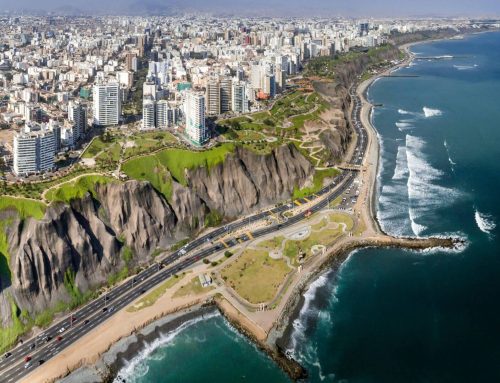Vanuatu has introduced a new citizenship-by-investment (CBI) route requiring a $138,000 investment in the Coconut Oil Future Fund (CNO Future Fund) for a family of four. Investors acquire redeemable preference shares tied to a mandatory five-year holding period in a Vanuatu registered company. After this period, they can redeem shares, receiving the initial investment plus accrued capital appreciation, targeting a 5% annual capital appreciation.
The CNO Future Fund aims to support Vanuatu’s sustainable economy, addressing climate change vulnerabilities by promoting coconut oil as a diesel substitute for electricity generation. The shift from traditional donation-based citizenship programs to an investment-focused approach responds to investor demands for financial returns. The move also addresses concerns over negative perceptions and increased scrutiny of Vanuatu’s CBI program, especially following the suspension of its visa-waiver agreement with the European Union (EU) and the UK due to security and border risks.
 The new CBI route seeks to attract genuine investors with ties to Vanuatu, emphasizing a program more aligned with citizenship programs worldwide. Despite challenges and political tensions at home, including coalition government changes, officials remain optimistic about the program’s future, noting its importance for Vanuatu’s income and reputation.
The new CBI route seeks to attract genuine investors with ties to Vanuatu, emphasizing a program more aligned with citizenship programs worldwide. Despite challenges and political tensions at home, including coalition government changes, officials remain optimistic about the program’s future, noting its importance for Vanuatu’s income and reputation.
The UK’s decision to revoke visa-free travel has led to diplomatic efforts to address security concerns. Vanuatu has implemented changes, such as discontinuing the name-change option, partially alleviating security concerns. The country’s relationship with the UK, as a Commonwealth partner in the Indo-Pacific, could influence the restoration of visa-free travel if diplomatic relations improve.
The article highlights Vanuatu’s efforts to diversify its revenue streams, acknowledging the risks associated with heavy reliance on the CBI program. Foreign assistance from countries like New Zealand and the UK is sought to reshape the program, enhancing its credibility and international standing. Officials express a desire for Vanuatu to capitalize on its ecologically pristine, carbon-negative, and peaceful image while seeking ways to reduce dependence on external assistance.
 In light of the challenges faced by Vanuatu’s CBI program, including political instability and international scrutiny, an updated version is anticipated in early 2024. The government aims to make structural changes to enhance the program’s appeal, focusing on transparency, due diligence, and credibility to secure its place in the global citizenship-by-investment landscape.
In light of the challenges faced by Vanuatu’s CBI program, including political instability and international scrutiny, an updated version is anticipated in early 2024. The government aims to make structural changes to enhance the program’s appeal, focusing on transparency, due diligence, and credibility to secure its place in the global citizenship-by-investment landscape.
Overall, Vanuatu’s shift towards a more sustainable and investor-friendly CBI route reflects its commitment to addressing climate challenges, improving international relations, and securing a reliable source of income. The nation’s efforts to overcome negative perceptions and adapt to changing geopolitical dynamics underscore the importance of continuous adaptation and innovation in the field of citizenship-by-investment.




